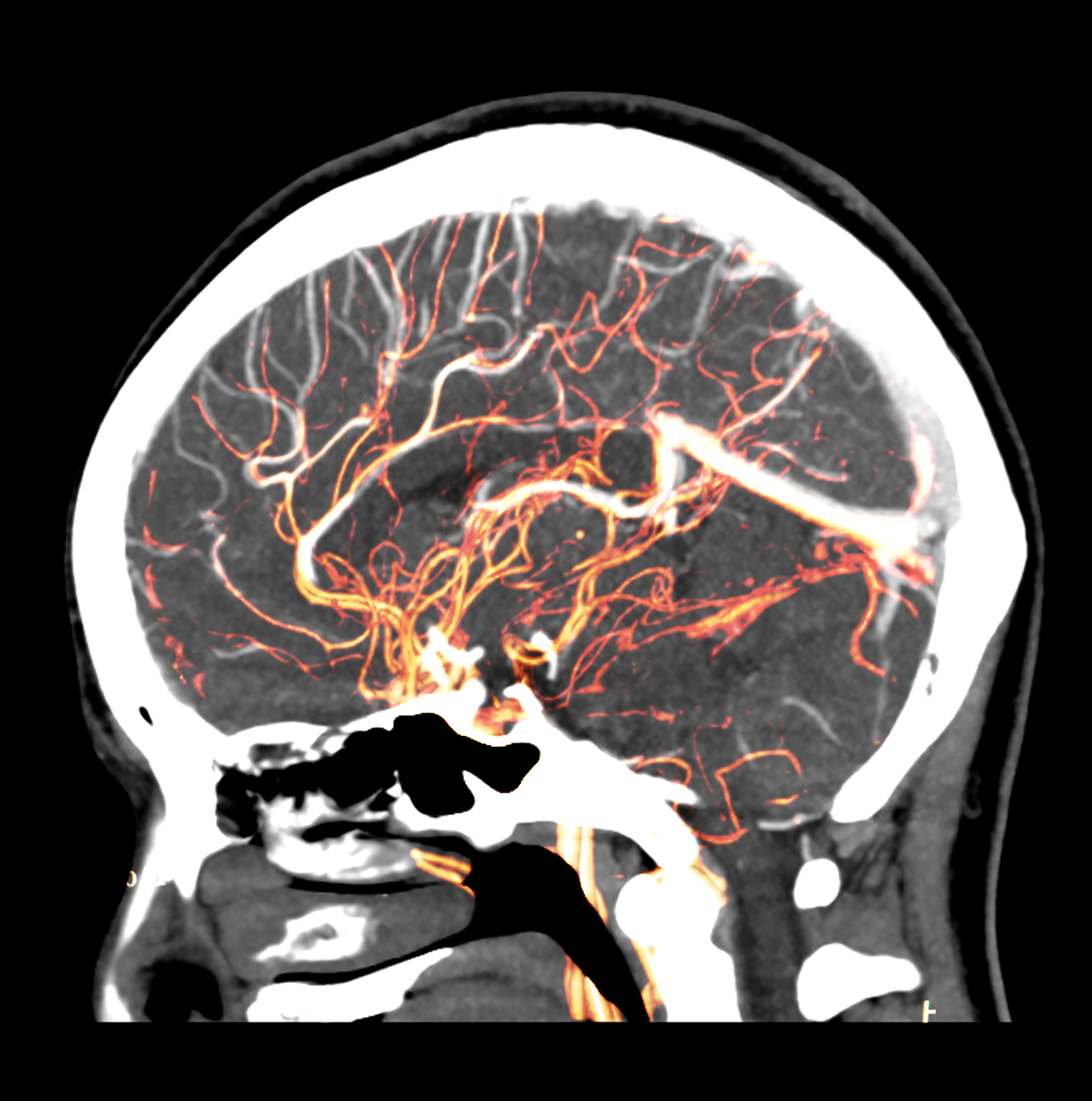
Initiating stroke treatment just 15 minutes earlier could save additional lives and prevent disability, according to new research.
The retrospective cohort study out of UCLA and published in JAMA, looked at 6,756 patients with acute ischemic stroke. The used the Get With The Guidelines-Stroke nationwide clinical registry to find patients with anterior circulation large vessel occlusion acute ischemic stroke treated with endovascular-reperfusion therapy with an onset-to-puncture time of eight hours or less. The primary endpoint of interest was substantial reperfusion (using modified Thrombolysis in Cerebral Infarction score of 2b-3), ambulatory status, global disability and destination at discharge, symptomatic intracranial hemorrhage, and in-hospital mortality/discharge. Mean patient age was 69.5 years (51.2% women).
Median onset-to-puncture time was was 230 minutes, with a door-to-puncture time of 87 minutes; 85.9% of patients had substantial reperfusion. Within the 30- to 270-minute time frame, increments of 15 minutes in onset-to-puncture time were linked with a higher likelihood of achieving independent ambulation at hospital discharge (absolute increase, 1.14%). The researchers also reported lower in-hospital mortality/hospital discharge (absolute decrease, -0.77%) and a lower risk for intracranial hemorrhage (absolute decrease, -0.22%). In addition, faster door-to-puncture times were associated with an increased likelihood of home discharge (increase of 2.13%) and lower rates of in-hospital mortality/hospice discharge (absolute decrease, -1.48%).
“Among patients with acute ischemic stroke due to large vessel occlusion treated in routine clinical practice, shorter time to endovascular-reperfusion therapy was significantly associated with better outcomes,” thee researchers wrote in their conclusion. “These findings support efforts to reduce time to hospital and endovascular treatment in patients with stroke.”
Every minute counts in acute ischemic stroke care. Latest findings from GWTG-Stroke. Endovascular Reperfusion Therapy and Acute Ischemic Stroke Outcomes https://t.co/qAsfovViQM. @AHA_Research @American_Stroke @Braindoc_MGH @AHAScience @NancyatHeart @JAMANetwork @JAMAForum
— Gregg Fonarow MD (@gcfmd) July 16, 2019
#TimeIsBrain – faster onset-reperfusion times associated with ambulation and functional independence! Endovascular Reperfusion Therapy and Acute Ischemic Stroke Outcomes https://t.co/oKVat8fC9W
— Justin Singer MD, FAANS (@JustinSingerMD) July 17, 2019
https://twitter.com/mward04/status/1151495415772172289







 © 2025 Mashup Media, LLC, a Formedics Property. All Rights Reserved.
© 2025 Mashup Media, LLC, a Formedics Property. All Rights Reserved.